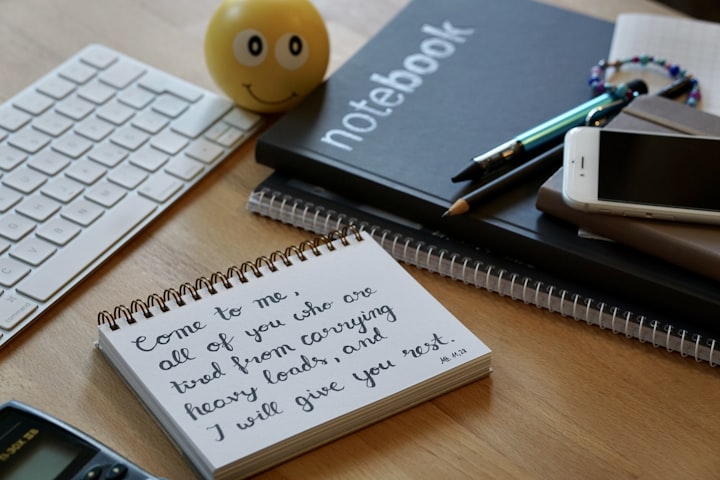The Power of the pen
the pen is mightier than the sword
The adage "the pen is mightier than the blade" is a well-known proverb that emphasizes the power of the written word over actual power. It proposes that the written word can convey the power of thoughts to individuals and bring about positive changes in the public eye. We will investigate the various ways in which the pen can be more powerful than the blade in this article.
Regardless, understanding the context in which this expression originated is essential. In 1839, English playwright Edward Bulwer-Lytton used it for the first time in his play "Richelieu." The play is set in France during Louis XIII's reign in the seventeenth century and revolves around Cardinal Richelieu, a political sharpshooter who uses influence to keep up with his situation.
Richelieu says in one of the play's most important lines, "The pen is mightier than the sword," to show how his written correspondence affected people and helped him achieve his political goals. Since then, the expression has become a well-known colloquialism that emphasizes the impact and force of the word.
The ability of the written word to endure over time is one of the primary reasons why the pen is more powerful than the sword. Even though actual power has the potential to bring about immediate change, it tends to be short-lived and can lead to even more viciousness and struggle. Interestingly, the written word has the power to have a lasting impact on society, influencing people's thoughts and actions for a very long time to come.
Consider, for instance, the impact of works like the Statement of Freedom and the Assembled Nations All-inclusive Announcement of Basic Liberties, as well as the writings of great journalists like William Shakespeare, Mark Twain, and Charles Dickens. These works have a significant impact on how people think and behave, bringing about positive change and progress in the public sphere.
In addition, written language can reach a wider audience than actual power. While genuine power may be confined to a particular generally speaking setting, the created word can be dissipated across the world, reaching people who could probably never have had the expected opportunity to notice real power, in actuality.
The power of the written word has also been amplified by the approach of modern correspondence advancements like the internet and online entertainment. People can share their thoughts and ideas with a global audience at these stages, influencing and shaping public discourse on a variety of topics.
In addition, the power of the made word lies in its ability to enliven an inventive brain and animate a creative mind. People can investigate ground-breaking ideas and points of view through writing, verse, and other forms of written expression, resulting in leaps forward in science, innovation, and other fields.
Take, for instance, the effect that was created by Jules Verne, who wrote about space travel and submarines long before they existed. His works inspired generations of researchers and designers, eventually leading to the development of innovations that made space travel and underwater research possible.
Overall, the pen is more powerful than the blade because it can last for a longer period, communicate with a wider audience, and inspire creative thought and imagination. Even though actual power can bring about change quickly, it frequently leads to more violence and struggle. Strangely, the written word has the power to bring about positive change and progress, affecting individuals and deeply influencing society for a long time to come. To create a better world for everyone, it is therefore essential to understand and control the power of the written word. I hope you will like my story and give your valuable feedback.
About the Creator
Malik Umar Awan
Hello my name is Umar and I love writing content I hope you will like my work







Comments
There are no comments for this story
Be the first to respond and start the conversation.